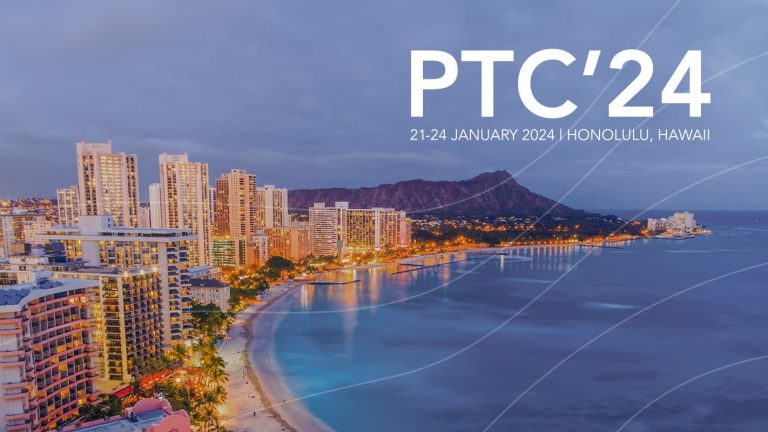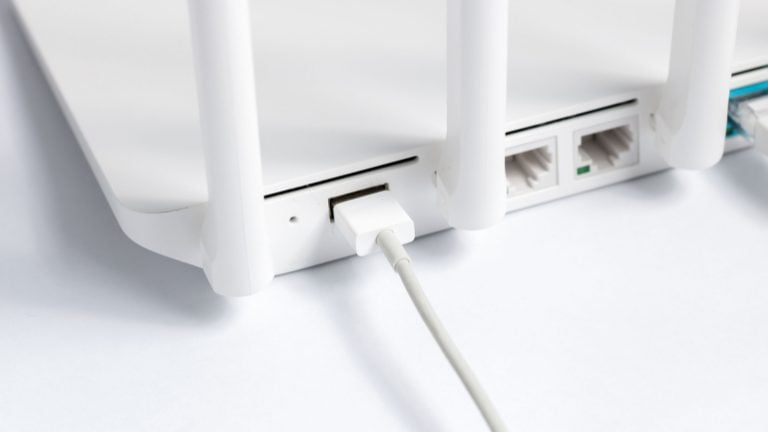
UK telecom company, VMO2, has announced plans to phase out 3G services by the end of 2025. This strategic move is intended to enable the operator to broaden and enhance its 4G and 5G footprint, whilst making significant energy savings.
3G services, launched nearly twenty years ago, reportedly account for a mere 4% of the total data on VMO2’s network as of last year. The function of 2G will be retained until 2033, primarily to facilitate calls and texts during the 3G transition.
Decommissioning outdated 3G equipment opens up the opportunity to reallocate mobile spectrum to the superior and much more energy-efficient 4G and 5G services. It’s particularly worth noting that while 4G and 5G contribute to 96% of mobile network data traffic, they are vastly more efficient and are reported to be ten times more effective.
Interestingly, the initiative aligns seamlessly with corporate commitments to achieving net zero. According to the release, although 3G accounted for 4% of overall data traffic, it contributed to a whopping 11% of the company’s total energy consumption.
For most VMO2 customers, there should be no action necessary during the switchover. However, VMO2 has vowed to provide additional support to any remaining 3G phone users. The operator will also collaborate with consumer groups and charities, such as Good Things Foundation, to facilitate a smooth transition, ensuring that customers continue to stay connected.
Jeanie York, Chief Technology Officer at VMO2, emphasizes the significance of this measure for the customers, the business, and the environment, stating, “But as we continue to evolve our network to provide the best mobile connectivity, it is clear that switching off 3G and focusing our attention and investment on the faster, more reliable and more efficient 4G and 5G services is the right thing to do.”
Helen Milner, Chief Executive of Good Things Foundation, has also expressed her delight at being part of this transition, assuring that their expertise can contribute to VMO2’s goal of safeguarding connectivity for all customers, especially the vulnerable groups.
To address customer concerns surrounding the switch-off, the operator is careful to maintain connectivity as a basic right by collaborating with Good Things Foundation to provide support.
The sunset of 3G marks a significant milestone. Despite its obvious limitations compared to the sophistication of 4G, 3G has revolutionized mobile internet and played a pivotal role in the evolution of smartphone market, internet culture, work practices, and consumer behavior.
However, the question remains: can we expect the same degree of transformation with each new iteration of mobile connectivity? Despite the technical enhancements and energy savings, specifically in the context of 5G, a compelling use case for the average consumer is yet to be identified. It’s clearly a conversation for 5G marketing departments to drum upon.




